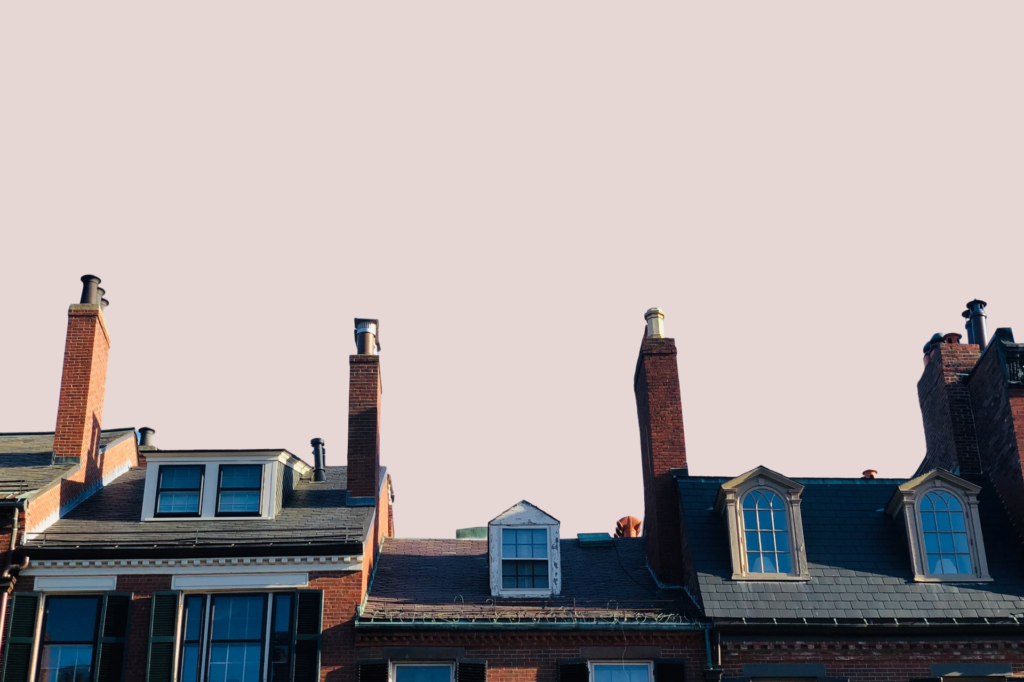
A roof completes a house – the proverbial icing on the bricks and mortar cake – which is why a damaged or leaking one can make a home completely uninhabitable. This is the main reason homeowners around the world need to take care of their roofs with regular maintenance or by replacing them when they notice signs of damage. Because, as the old saying goes, the time to fix your roof is when the sun is shining.
There are myriad benefits of keeping your roof in good condition. Not only the obvious, that a sturdy roof keeps you dry from the rain, but also the more overlooked fact that your roof also keeps you warm, saving on energy costs, as well as preventing structural damage in the property as a whole.
When you notice signs of damage, you need to find ways to fix them so that other problems don’t occur. Homeowners need to look out for any signs of damage, no matter how small they may be. With that in mind, here’s a DIY guide to checking your roof for damage.
START BY PERFORMING AN INTERIOR ROOF CHECK
The first thing you need to do in order to evaluate the condition of your roof is to find a torch and venture up into your loft. Nobody’s favourite, task, we realise, but an important one nonetheless. Once you’re up there, bent double and trying not to breathe in too much dust, you will then need to inspect your loft or attic to check if you can see any of the following:
- Daylight coming through the roof – before turning your torch on, check to see if you can see daylight coming through any parts of the roof. If you can, your roof (or at least, a section of it) will need repairing, as soon as possible, to stop further damage from occurring. Because if sunlight is getting through, then so is water.
- Stains or dark patches – if you notice dark stains or patches on your roof, then it’s probably leaking. Any water that enters your home will damage your roof and your home’s structural integrity, so it needs to be repaired or replaced as quickly as possible.
- A sagging roof – water can make timber sag, so if you see areas of your roof sagging, then you’ll know moisture is present.
- Water damage – if you notice rotten wood or rising damp, then you’ll need to ask a professional for their advice going forward. If you’re not sure where the water is coming from, then it may be best to engage with a specialist leak detection company such as Pinpoint. In addition to finding the source of the leak, they offer a dedicated water damage repair service. This isn’t a job you want to tackle without sufficient expertise.
EVALUATE THE EXTERIOR OF YOUR ROOF
As Gorilla, considered the best roofers in the Ballwin area, tell us you will need to have a look at the outside of your roof once your internal evaluation is complete. Interior checks will help you notice damage that has already happened, sure, but exterior checks will help you spot damage before it occurs. And prevention is better than cure, as we all know by now. If you notice any of these signs, then there’s a good chance that further action is required:
- Water damage
- Leaks
- Dark patches – if it looks damaged, there’s a good chance it is.
- Rotting – if you have an asphalt or wooden roof, then rotting is fairly common.
- Algae or moss – a build up of algae or moss can damage your roof, so if you notice this then it’s a good idea to remove it.
- Broken or missing tiles – this is one of the main causes of roof leaks. Look for signs of broken tiles in your guttering or scattered around your garden. If you spot missing/broken tiles they will need replacing.
- Cracked flashing – flashing can crack over time, so it’s important to check it on a regular basis.
- Valley – the valley is the point in which two roofs meet. If a valley becomes damaged or corrodes over time, then it will need replacing.
Should you have identified one or more of these signs, then professional intervention is almost certainly required, both in terms of a further, in-depth evaluation and subsequent damage limitation. As the experts at 1-800 Water Damage tell us, such pros have ”state-of-the-art tools to read moisture levels, assess the type of water responsible for the damage, dehumidify, extract excess water, and thoroughly dry out your home.”
Indeed, when dealing with such a threat from erroneous water, it’s best to defer to those with the expertise and the professional tools. Specialised water damage restoration services can help address the issue effectively and prevent further complications.
WHAT TO DO NEXT?
If you are intent on completing your own roof evaluation, then, according to Redland Roofing in Cardiff, you will need to make a list of any damage you’ve found. As we mentioned, you should then contact a professional to come and check the condition of your roof for a more all-encompassing evaluation of the issues.
When the professional arrives, explain to them what you’ve found so that they can check your findings. A second opinion never hurts, especially from an expert. Make sure you don’t waste time here, as it could cost you even more money in the long run.
THE BOTTOM LINE
While most people take good care of their homes, particularly in a cosmetic, aesthetic sense, the roof is often overlooked, largely because it can’t be easily looked over. Over time, roof problems can become more severe, causing leaks or further problems like disintegration. Thankfully, you don’t have to wait for that to happen. By inspecting your roof on a regular basis, you will be able to spot potential issues and fix them before they cause an even larger problem in the future.
Remember, in the words of Dashiell Hammett; ”the roof might fall in, anything could happen”.





